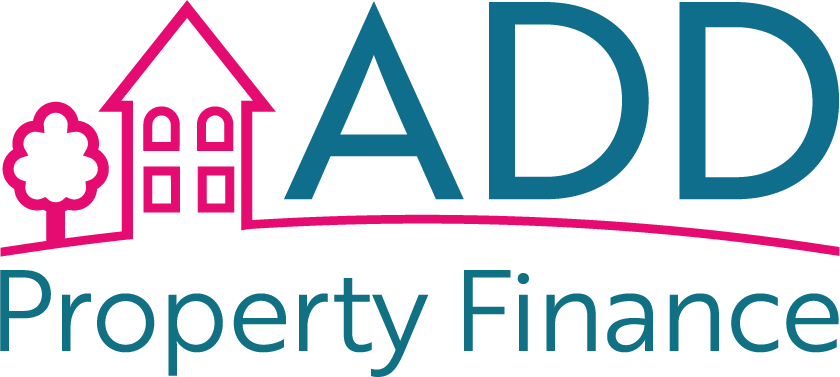Debt consolidation is a financial strategy that can help individuals manage their debt more effectively. One approach to debt consolidation is using a remortgage to consolidate various debts into a single, more manageable loan. In this article, we’ll delve into the concept of debt consolidation through remortgaging, examining its potential benefits and associated risks to help you determine if it’s the right choice for your financial situation.
What Is Debt Consolidation Through Remortgaging?
Debt consolidation through remortgaging involves refinancing your existing mortgage with a new one that incorporates additional funds to pay off high-interest debts such as credit cards, personal loans, or other unsecured debts. This essentially rolls all your debts into your mortgage, leaving you with a single, larger mortgage payment.
Benefits of Debt Consolidation Through Remortgaging
- Lower Interest Rates: Mortgages typically come with lower interest rates compared to credit cards and personal loans. By consolidating your debts into your mortgage, you may reduce the overall interest you pay.
- Single Monthly Payment: Managing multiple debts with various due dates can be overwhelming. Debt consolidation simplifies your financial life by consolidating everything into one monthly payment.
- Improved Cash Flow: Debt consolidation can free up your monthly budget by reducing your total debt repayments, potentially providing you with more disposable income.
- Fixed Interest Rate: If you choose a fixed-rate mortgage for debt consolidation, you’ll have a consistent interest rate, making budgeting easier.
Risks and Considerations
- Extended Repayment: While your monthly payments may decrease, consolidating your debts into a mortgage could result in a longer repayment period. You might end up paying more in interest over the life of the loan.
- Secured Debt: When you consolidate unsecured debts into your mortgage, they become secured by your home. Failure to make payments could put your home at risk of repossession.
- Mortgage Fees: Remortgaging incurs fees, including application fees, valuation fees, and legal fees. These costs should be factored into your decision.
- Credit Score Impact: Initially, your credit score may dip due to the new mortgage inquiry. However, with responsible repayment, it can improve over time.
Is Debt Consolidation Through Remortgaging Right for You?
Whether debt consolidation through remortgaging is the right choice for you depends on your financial goals and situation. Consider the following:
- Financial Discipline: Debt consolidation is most effective when you commit to responsible financial management. Avoid accumulating new debts after consolidation.
- Long-Term Plan: Assess your long-term financial goals. Debt consolidation may be suitable if it aligns with your objectives, such as reducing interest payments or simplifying your finances.
- Cost Analysis: Calculate the total costs involved, including mortgage fees and potential extended repayment. Ensure that the benefits outweigh the expenses.
- Risk Tolerance: Understand the risks associated with secured debt and evaluate your ability to meet mortgage payments consistently.
- Professional Advice: Consult with a financial adviser or mortgage broker to assess your specific circumstances and explore the best debt consolidation options.
Conclusion
Debt consolidation through remortgaging can be a powerful tool for managing and reducing debt, but it’s not without risks. Careful consideration of your financial goals, discipline in managing your finances, and professional advice are essential to making an informed decision. By weighing the potential benefits against the risks and ensuring that it aligns with your long-term financial strategy, you can determine whether debt consolidation through remortgaging is the right choice for you.







